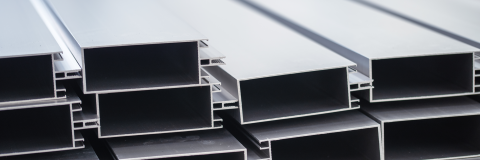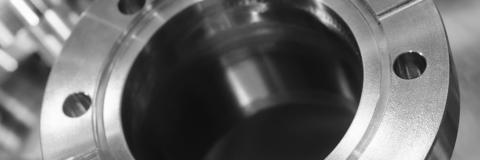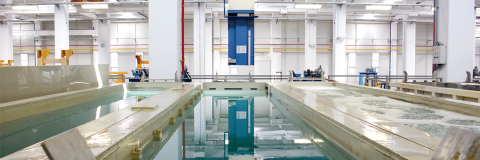Plastic recycling

Plastic is fully and endlessly recyclable
MacDermid Enthone is a key contributor to this circular green economy by providing the best processes for the washing stages of mechanical plastics recycling lines.

Bottle-to-bottle
Washing additives play a crucial role in bottle-to-bottle PET recycling by removing contaminants, glues, labels, and residual contents from post-consumer PET bottles. A blend of non-dangerous surfactants, chelating, and wetting agents is used to ensure thorough cleaning and prevent the redeposition of inks and contaminants. Our processes are largely used and approved by food packaging manufacturers in the bottle-to-bottle market.

Bottle-to-sheet
Recycled plastic can be used for different applications, including the product manufacturing of sheets for thermoformed packaging. High-quality recycled PET is crucial for the transparency, brightness, and absence of defects in the new sheet, enabling manufacturers to increase the amount of recycled components in new packaging.

Tray-to-tray
Once considered a troublesome pollutant in the bottle recycling stream, today thermoformed packaging is the latest frontier in plastic recycling. Used as food trays or shelf packaging, and produced in monolayer or multilayer form, it is an everyday material that is now being collected and recycled.

Bottle-to-fiber
The fiber for textiles was the first known use of recycled plastic and is still the most widespread. MacDermid Enthone processes contribute to the achievement of the best quality bottle-to-fiber recycling, including flake cleaning, which can be extruded to produce threads or TNT.

HDPE and PP recycling
High-Density Polyethylene (HDPE) and Polypropylene (PP) are commonly recycled plastics. HDPE is used in bottles, containers, and pipes, while PP is found in packaging. Both can be recycled through various processes, reducing waste and promoting a circular economy.










